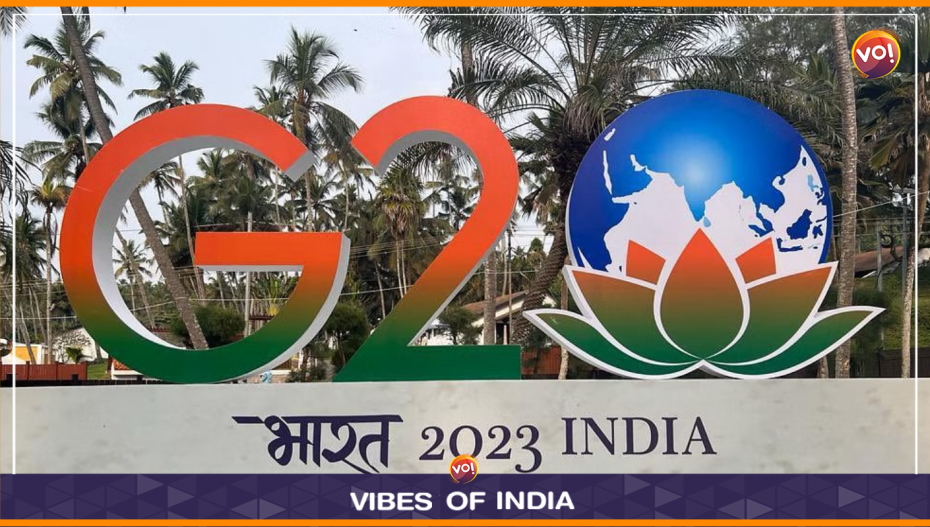The capital is all set to host leaders, presidents and prime ministers from around the world for the annual G20 leaders’ summit from September 9 to 10.
For Prime Minister Narendra Modi, it’s yet another chance to position India as a global superpower and himself as a world leader before the general elections next year.
While the meeting’s main theme is sustainable development, the ongoing Russia-Ukraine conflict is expected to be discussed.
In the Indian context, the country will be eager to push for measures to spread economic growth uniformly between developed and developing countries. Focus is the key since there’s a chance that the sensitive issue of the Ukraine war could dominate discussions like it happened at the 2022 summit in Bali, Indonesia.
Owing to excessive attention to the conflict, there was no joint statement at the end of the G20 foreign ministers’ meeting held in Delhi in March.
Additionally, as the BBC reported, US President Joe Biden is expected to have discussions with the heads of developing nations about proposals to reform the World Bank, which could result in more funds for infrastructure and tackle the important issue of climate change.
The BBC also reported that Russia’s President Vladimir Putin and China’s President Xi Jinping would not attend the meeting.
It’s not the first instance of some nations staying away from the summit. Saudi Arabia and China boycotted a G20 meeting on tourism held in Kashmir owing to the history of India and Pakistan’s territorial dispute over the region.
Meanwhile, tension continues to prevail between India and China after Beijing released a map that claims the state of Arunachal Pradesh and the Aksai Chin plateau as Chinese territory. The report added that the US asked China to not allow the unease between the two nations at the summit and to play a constructive role.
It’s not that the G20 summits of the past didn’t yield fruit. During the dark phase of the financial crisis in 2008 and 2009, leaders joined hands at the summit to salvage the world economy through a slew of measures.
However, critics claim that on account of tension among world powers, these summits haven’t had the success expected of them. The report highlighted that smaller meetings between individual countries have been more successful.
A case in point is the 2019 summit in Osaka when then-US President Donald Trump and Chinese President Xi Jinping settled a major trade dispute.
Also Read: Foxconn Explores Partnership Options For Semiconductor Plant in India












